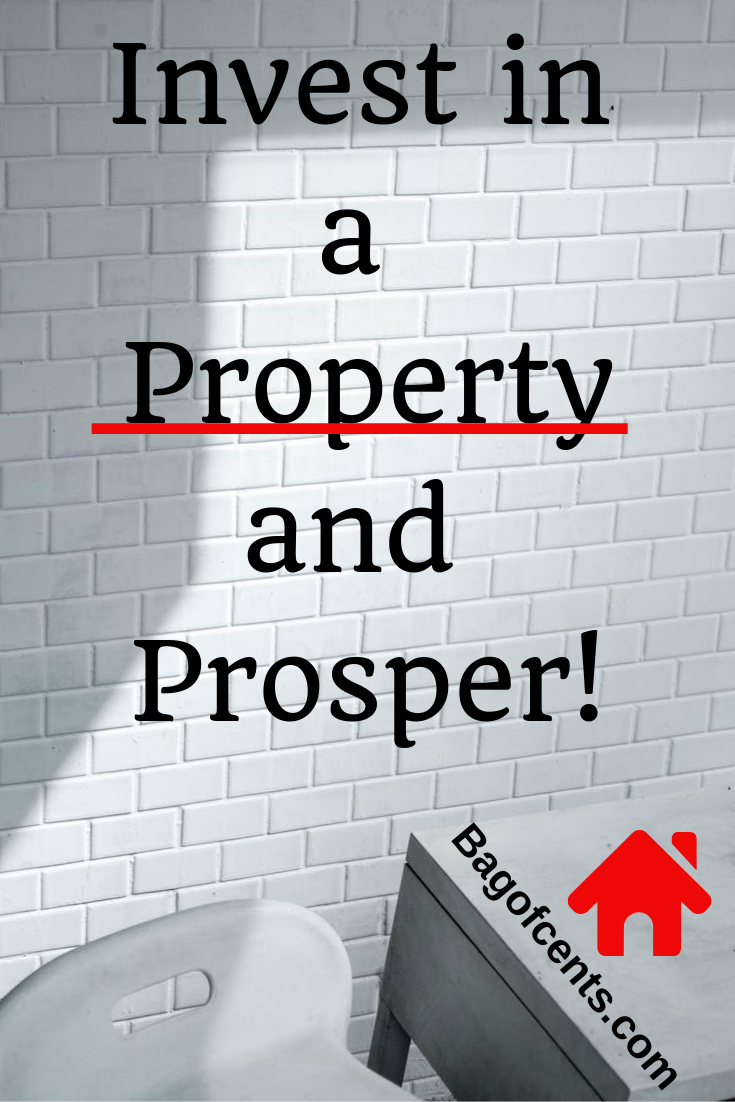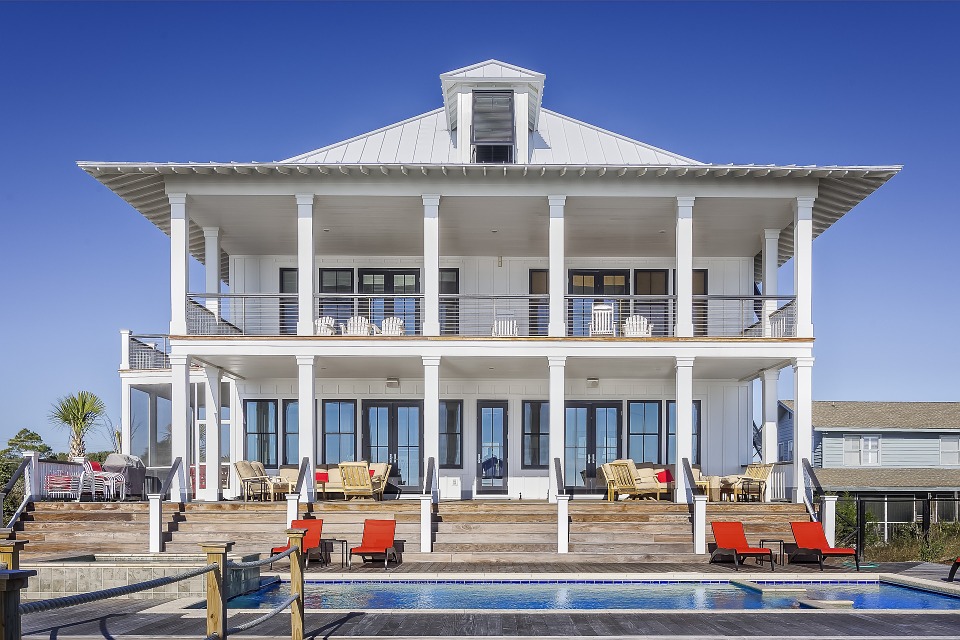
For just about as long as anyone has had money to invest in things, property has been one of the leading avenues of investment.
Couples setting themselves up for a comfortable retirement in their old age will routinely invest in property, and even the Terminator himself, Arnold Schwarzenegger, wrote in his autobiography that he got involved in real estate at an early point in his professional life, and made a whole lot of money from it, too.
There are many reasons to contact a property manager and begin setting up your portfolio.
Of course, the number one type of property that the average person is likely to own will be their own home. So, here are just a few benefits of treating your home as an investment, rather than simply as a place to lay down your head.
Investing in a House
As alluded to at the beginning of this article, investing in real estate really is a solid investment strategy. The housing market can rise and fall, and the fluctuation can make or break fortunes to some degree, but there are always people in the market for property.
What’s more, property is a stable asset (as long as you own it.) If the housing market is looking great, you’re not compelled to sell your property and take a loss. You can sit on your property, develop it, occupy it, and wait for a better economic climate before making a sale.
Many people have made their fortunes through property, and so one of the leading benefits of viewing your home as an investment is that it might put you on a track where you can make a lot of money. Because – your home really is an investment.

Property: The Good and the Bad
Sometimes, people mistreat their homes in a pretty serious and wide array of ways.
The popularity of the recent Netflix show, “Tidying Up with Marie Kondo” has done a pretty good job of revealing to a lot of people just how messy a lot of other people’s homes are.
Clutter and disrepair are hardly rare problems in a home. But if you view your home as an investment, you may be more motivated to be more respectful of your property, and to keep in better condition.
This, in turn, might lead to you appreciating your home more, and enjoying your life more in general.
Start Today,not Tomorrow
Sometimes, people have the means at their disposal to “get on the property ladder” fairly early in life, but don’t see it as much of a priority, and put it off indefinitely.
Many young professionals, for example, will rent property indefinitely, with no real plans of buying.
Viewing a home or a property as an investment, can motivate you to get on the property ladder sooner rather than later. Not only can this mean you get to enjoy the benefits of owning your own home at an earlier age, but it also helps you to begin developing yourself financially from an early stage.
(Extra) Best Tips on buying a house
Let’s be honest at the outset of this article. Buying a house isn’t cheap!
Not only are you buying a property, but there are also other expenses you need to factor in, such as insurances, taxes, and removal costs. You are going to feel the pinch, at least for a while, though we do have some extra tips here which might come in useful when you’re getting ready to move.
Now, you may consider trying to cut out some of these costs but they’re all essential Insurance in particular. After all, why invest in something so expensive if you’re not going to protect it? Should the worst happen and something bad happens to your home or someone breaks in, you don’t want to find that all of your money has simply gone down the drain. A proper insurance policy will fully protect your home and another can protect its contents. Just make sure to use a trusted provider. www.morisoninsurance.ca is a great place to start!
In this article, we are going to concentrate on the house buying process, with some useful tips to help you curb the costs. We can’t perform miracles – we aren’t going to show you how to get a house for a dollar – even when you do see such an attractive proposition, there is always a catch – but we can reduce the damages to your bank balance.

Tip #1: Work out what you can afford
Seriously, don’t start looking at high-priced houses if you can only afford something mid-range. Look at your budget, factoring in all of the sneaky house buying expenses above and beyond the asking price, and then narrow down your search to those houses that you can comfortably afford to buy and live in.
Tip #2: Find a good realtor
You could try and save money by not using a realtor, but realistically speaking, if you don’t know what you are doing, you might only make some dumbass financial mistakes in the process. A decent realtor will help you reign in your impulses to buy something you can’t afford, guide you according to your budget, and help you negotiate a good deal with the seller. Search online for the #1 realtors in your area, somebody akin to Frank DiTommaso, and/or ask your friends and family for their personal recommendations.
Tip #3: Get multiple loan quotes
Don’t settle on the first mortgage you are offered. While you might be rejoicing that you actually received a mortgage offer in the first place, remember that interest rates do vary between lenders. Speak to multiple banks and other mortgage lenders, and go with the company that offers you both the lowest rates of interest, and the lowest fees when compared to their competitors.
Remember too, that the bigger down payment you can make the better. You will then be able to reduce the length of the loan, bring down the interest costs, and possibly sidestep the costs of mortgage insurance depending on the type of loan you are going for.

Seem to be alot but in reality,just take the time to do your research, ask questions and surround yourself with the right peoples and you will succeed.
Stanley
Popular posts on Bag of Cents:
Leave a Reply